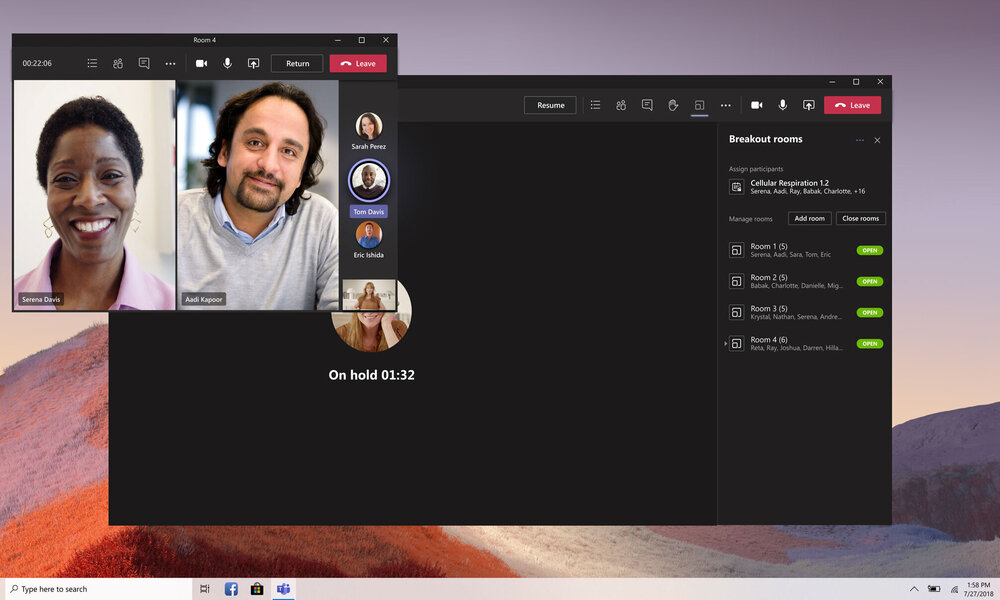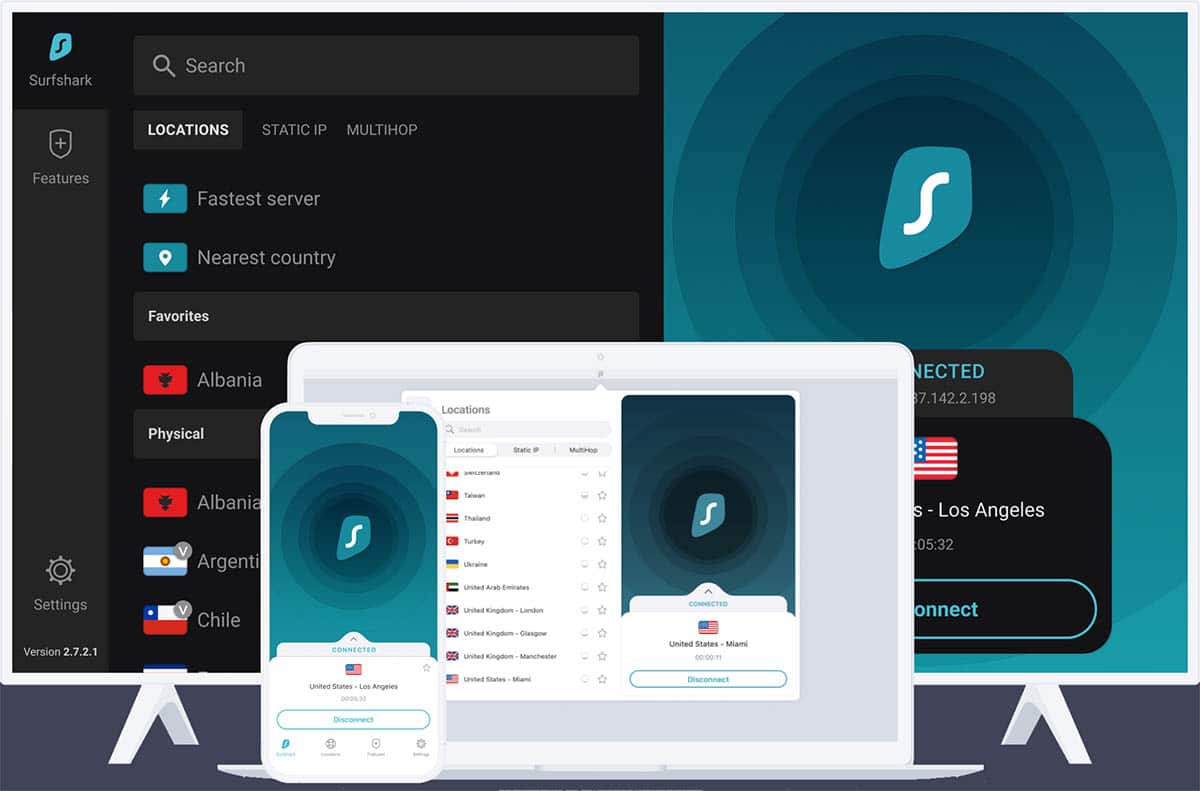
The state of Hasse, in Germany, launched a project a few months ago to replace Microsoft Teams by solutions supplied by a local supplier. However, it seems that the process has definitively fallen on deaf ears after the Higher Regional Court of Frankfurt has definitively knocked it down, so the Hasse Ministry of Culture will have to re-launch a new tender.
Hasse’s Ministry of Culture announced in April 2021 that it would replace Microsoft Teams with a European solution that better conforms to the privacy standards of the European Union, which are quite high since the implementation of the General Data Protection Regulation, better known as GDPR for its acronym in English. The date originally set to end the migration was set for July 31, 2021.
The migration process got off to a good start and a local supplier was even found quickly, but an injured party decided to file a lawsuit in July and caused its paralysis. After several months of judicial mess, everything indicates that Hasse’s Ministry of Culture will have to start over again as the tender process It did not conform to the law.
The current Hasse government, which is in the hands of the conservative CDU party, has said that it will abide by the ruling and has shown its intention to retry the migration from January 2022. As a consequence of the judicial setback, the use of Microsoft Teams and other solutions from the Redmond giant are still allowed in German state schools.
The Hasse Ministry of Culture’s plans to change Microsoft Teams for alternatives seem to have generated, as is usual in these processes, quite a lot of controversy. According to the Microsoft 365 für Lehrer (Microsoft 365 for teachers) website, which has covered the topic, More than 15,000 students, teachers and parents participated in an online petition against the banning of Microsoft’s collaboration platform.
As of January 2022 we should begin to see a reset of the entire procedure by the Hasse Ministry of Culture, so we will see how the second attempt ends.
Trying to find alternatives to Microsoft through fragmentation
That Germany is bringing initiatives to replace Microsoft products and solutions with primarily open source alternatives is nothing new. In fact, in the German country many battles have already been fought in this regard, even with Microsoft lobbies involved.
The best known case is that of the Munich City Council, which after using Linux for more than a decade decided to return to Windows and Microsoft Office based on an Accenture report with vague claims and that was twisted to make LiMux bankrupt (said with other words, that the arguments were, to say the least, a bit torturous). Now Munich wants to go back to open source technologies, but first it has to fulfill the contracts signed with Microsoft.
The search for alternatives to Microsoft solutions is something legitimate and even necessary considering the obscurantism of the large multinationals and their proprietary solutions, no matter how well they work very well. However, migrations are being thought of in the wrong terms, as we are seeing many small administrators fighting the battle on their own, when Theirs would be for the European Union to promote a technological base built with a powerful human capital, which would be standard for the entire community area and allow its adaptation by countries, regions and municipalities. In this way, establishing an alternative to Microsoft would be cheaper and easier to implement.




